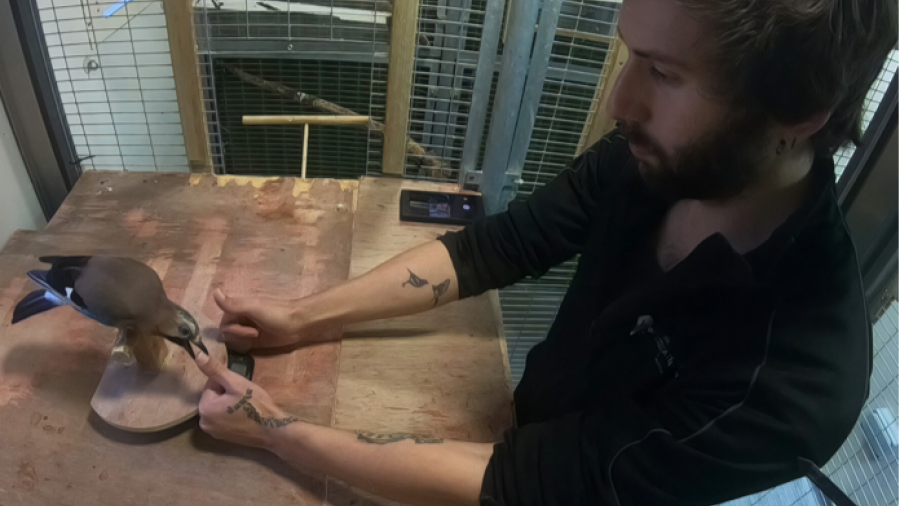
Abstract
Deceptive tactics depend on the deceiver being able to trick their victim. Magicians and pickpockets are successful in misleading their victim (or audience) because their techniques capitalise on human’s perceptual predispositions. Intricate sleight of hand movements (i.e. range of techniques involving hand motions commonly used by both magicians and pickpockets to deceive fellow human observers) capitalise on the observer’s inherent expectations of human actions. Consequently, the application of these deceptive motions to investigate the non-human mind can yield great insight into the evolution and inner workings of the expectations exploited by these techniques.
Are these expectations unique to humans? Can we explain similarities and disparities in perceptual predispositions because of cognitive capacity, neural structure, or other physical features? The answer to these questions is of fundamental importance for understanding the evolution of cognition across species, and to determine how non-human animals perceive human actions.
In this presentation, Garcia-Pelegrin explores these questions by reviewing the most recent studies with members of the corvid family and non-human primates to illustrate how the intersection between deceptive techniques and science can yield invaluable insight into the perceptual and cognitive mechanisms of both human and non-human animals.
About the speaker
Elias Garcia-Pelegrin is a PhD researcher in Comparative Cognition and Evolutionary Psychology at the University of Cambridge. Elias’ research focuses on the investigation of non-human expectations of human movement, and whether these expectations moderate the type of choices that non-human animals make when observing human actions.
Specifically, he studies the use of sleight of hand – namely a type of technique commonly used by magicians and pickpockets to deceive others – and the investigation of the specific factors that make both humans and other animals liable to be misled by these intricate movements of deception.
Before his PhD at Cambridge, Elias studied Anthropology and Psychology at University College London (UCL), where he also pursued a master’s degree in Developmental Psychology.
Schedule
Drinks and nibbles will be available from 17.45. The talk will be from 18.00-19.00 and will include opportunities for questions from the audience.